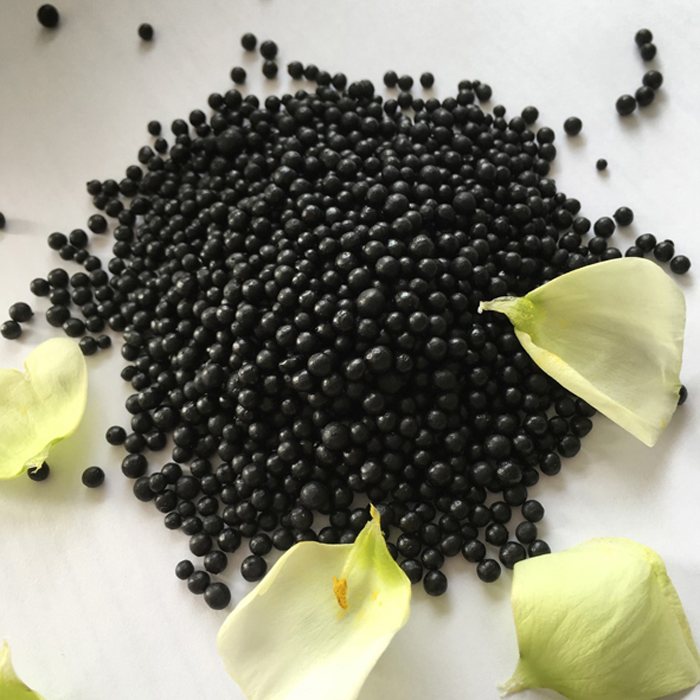
Des . 06, 2024 05:21 Back to list
plant organic fertilizer
The Growing Importance of Organic Fertilizers in Sustainable Agriculture
In recent years, the agricultural sector has faced increasing scrutiny regarding its impact on the environment, human health, and food security. One significant stride towards sustainability has been the renewed interest in organic fertilizers. The shift towards plant-based organic fertilizers not only promotes soil health and crop productivity but also helps farmers improve their environmental footprint. This article explores the benefits, production methods, and future potential of plant-based organic fertilizers.
What are Plant-Based Organic Fertilizers?
Plant-based organic fertilizers are derived from natural plant materials, including plant residues, compost, and other organic matter. Unlike synthetic fertilizers, which are often associated with chemical runoff and soil degradation, organic fertilizers work with nature to promote a healthy ecosystem. They provide essential nutrients to plants while enhancing the soil's structure and microbial activity, ultimately leading to a more sustainable agricultural practice.
Benefits of Using Organic Fertilizers
One of the primary benefits of using plant-based organic fertilizers is their ability to improve soil health. These fertilizers enrich the soil with vital nutrients such as nitrogen, phosphorus, and potassium, essential for plant growth. However, they also introduce organic matter, which enhances soil structure, increases water retention, and fosters a healthy microbial ecosystem. Healthy soils are better equipped to handle adverse weather conditions, such as droughts and heavy rainfall, ensuring crop resiliency.
Additionally, organic fertilizers minimize the risk of chemical runoff, which can contaminate local water supplies and harm aquatic ecosystems. By using plant-based alternatives, farmers contribute to a cleaner environment while cultivating crops. The slow-release nature of organic fertilizers means that nutrients are available to plants over time, reducing the risk of leaching and ensuring a steady supply of nourishment throughout the growing season.
Production Methods for Plant-Based Organic Fertilizers
There are several methods for producing plant-based organic fertilizers. One common approach is composting, a process that involves decomposing organic matter such as kitchen scraps, yard waste, and agricultural residues. This not only recycles waste but also transforms it into a nutrient-rich soil amendment. Farmers and gardeners can create their own compost piles or purchase ready-made compost from suppliers.
plant organic fertilizer

Another effective method is vermicomposting, which utilizes earthworms to break down organic material into a rich fertilizer known as worm castings. Worm castings are high in nutrients and can significantly enhance soil fertility, making them an excellent addition to any organic fertilization strategy.
Additionally, green manures and cover crops are other valuable methods in organic farming. By growing specific crops and then incorporating them back into the soil, farmers can improve soil organic matter and nutrient content without the need for synthetic inputs. Popular green manure crops include clover, vetch, and rye.
The Future of Plant-Based Organic Fertilizers
The future of plant-based organic fertilizers looks promising, as more farmers embrace sustainable practices and consumers demand cleaner food sources. The rise of organic farming globally indicates a shift in agricultural paradigms, where the focus shifts from traditional synthetic fertilizers to eco-friendly solutions.
Research is ongoing to evaluate new plant materials and methods to enhance the productivity and effectiveness of organic fertilizers. Furthermore, technological advancements are making it easier to analyze and improve soil health, allowing farmers to optimize their fertilization strategies. These innovations may include the use of biological inoculants, which can enhance nutrient availability to plants through improved microbial activity.
Moreover, the increasing awareness of the environmental impact of conventional farming practices has driven consumers towards organic products. As the demand for organic produce rises, farmers may find it economically beneficial to transition to organic fertilizers, ensuring they meet the market's needs while contributing to a healthier planet.
Conclusion
The shift towards plant-based organic fertilizers embodies a crucial step in promoting sustainable agriculture. By enhancing soil health, minimizing environmental impact, and improving crop productivity, these fertilizers offer a holistic approach to farming. As we face global challenges related to food security and climate change, the adoption of organic fertilizers may play a pivotal role in ensuring a sustainable and responsible agricultural future. Embracing these practices not only benefits farmers but also safeguards the health of our planet for generations to come.
-
10 10 10 Fertilizer Organic—Balanced NPK for All Plants
NewsJul.30,2025
-
Premium 10 10 10 Fertilizer Organic for Balanced Plant Growth
NewsJul.29,2025
-
Premium 10 10 10 Fertilizer Organic for Balanced Plant Growth
NewsJul.29,2025
-
Premium 10 10 10 Fertilizer Organic for Balanced Plant Growth
NewsJul.29,2025
-
50 Pound Bags of 13-13-13 Fertilizer for All Plants – Bulk & Organic Options
NewsJul.28,2025
-
High-Efficiency 15-30-15 Granular Fertilizer for Healthy Crops
NewsJul.28,2025
